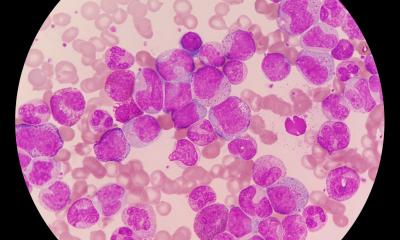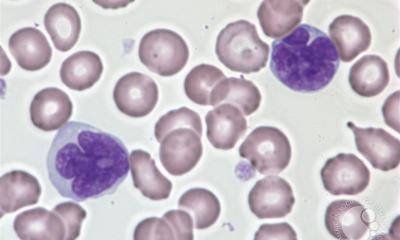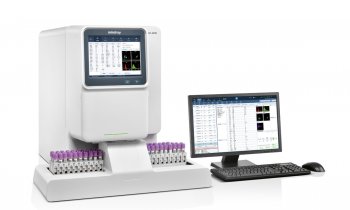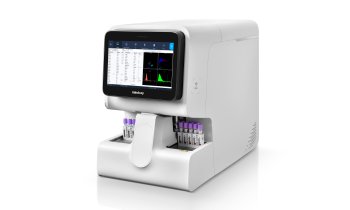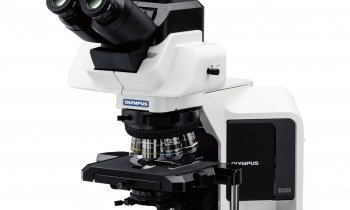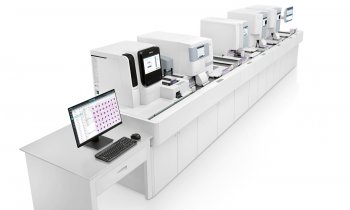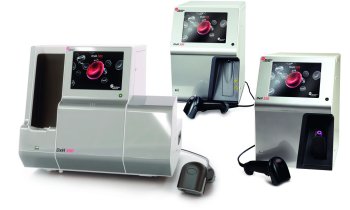Article • Assisting algorithms
Big data advances rare disease diagnosis and cancer therapy
Two major projects feeding on big data and based in Spain have recently come under the spotlight: Mendelian, a tool to expedite rare diseases diagnosis, and Harmony, an EU platform that aims to improve targeted therapy in haematological cancer.
Report: Mélisande Rouger
Rare diseases affect as many as 6% of the Spanish population. Although this percentage is high, these conditions are individually rare, which complicates and often delays treatment, according to Ignacio Hernández Medrano, a neurologist at Ramón y Cajal Hospital in Madrid. ‘There are more than 10,000 reported individually rare diseases. As a physician, maybe you will meet one such pathology in your career, and when you do, you won’t know what it looks like.
Once our platform has gathered all the results and put all the data together, it runs algorithms to sort out relevant information for the clinician
Ignacio Hernandez Medrano
A few years ago, Medrano founded Mendelian, a search engine that collects and sorts out knowledge of rare genetic diseases to accelerate their diagnosis. Diagnosing rare diseases currently takes 7-10 years, mainly because finding information on the disease itself can prove extremely long. Thousands of public databases are available on the Internet, with information uploaded by experts in the field, but no human being is capable of reading through all this data. However, a tool that uses big data can, Medrano explained. ‘We use technology that can cope with huge amounts of data on gene variants, clinical features and other information, and filter them by items that are clinically relevant, all the while taking into account the biochemical routes,’ he said. ‘Once our platform has gathered all the results and put all the data together, it runs algorithms to sort out relevant information for the clinician.’
Mendelian is proving to be quite accurate. Out of a selection of 20 at risk genes selected by the platform, one turns out to be the gene causing the disease, on average, according to Medrano. Interesting results have also been found using the platform; for instance that genes may be causing diseases only because they are related in nature and physiology, even though no previous research has showed so. The young company is now trying to benchmark its services comparing synthetic patients against real patients, who have previously been diagnosed. Around 5,000 people have visited the platform each month over the past six months, most of them being geneticists, paediatricians, internal medicine physicians and specialists from every discipline. Medrano expects this number to grow, as the platform will become available to patients as well, and when genetic blood tests will become more generally available.
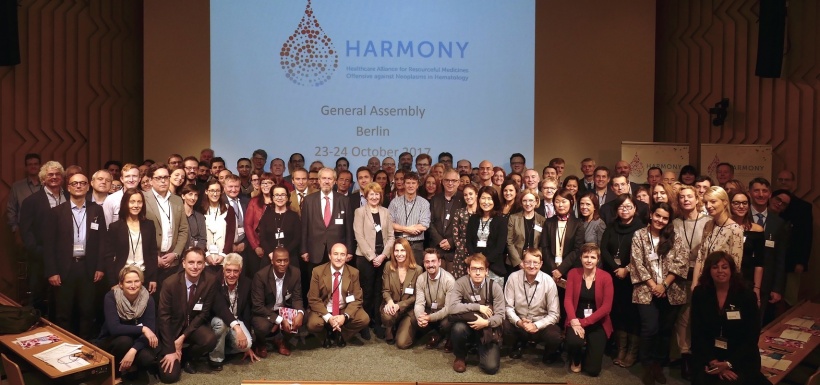
Boosting targeted therapy in haematological cancer
In the era of next-generation sequencing and genetic knowledge of the genome and cancer genome, data must be gathered to better characterise disease and improve targeted therapy, according to Jesús María Hernández Rivas, a leading haematologist at Salamanca University Hospital. Rivas is coordinator of Harmony, a European platform for the study and discovery of the most efficient treatments for haematological malignancies. The platform is part of the Innovative Medicines Initiative (IMI2), and aims to assemble all the stakeholders in the field and set up a data repository to gather all the knowledge acquired across the EU. ‘Having such a repository will help ensure that we are using quality data. Patients with leukaemia or lymphoma are complex cases, and we produce a huge amount of data on these diseases. However some of this data is not easy to manage or may not be relevant,’ Rivas said.
International studies that have a comprehensive approach are the best way to advance knowledge of rare malignancies, Rivas explained, and Harmony has the added value of involving all stakeholders in haematological tumours, including the industry, which funds 50% of the project, and patient groups.
Collecting results in the EU
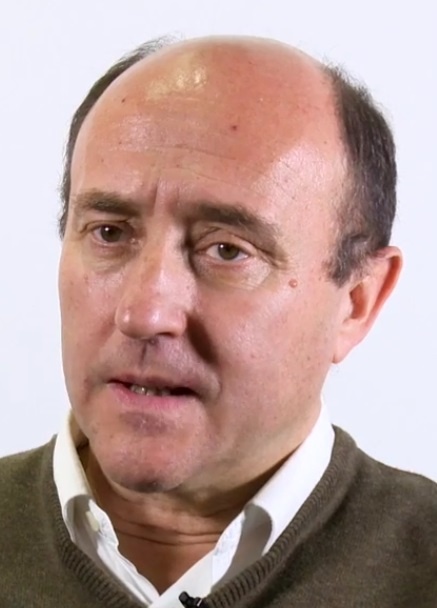
‘These type of studies cannot be conducted on a national or regional level, and they must include everyone who is concerned,’ he said. ‘We can have a general idea of what is going on in Spain by using data from cooperative groups, but the prevalence of these diseases is so low that we don’t have enough patient data. By using only your own data you can publish in scientific journals, but the reliability of your results is not strong enough.’ The Harmony researchers are therefore collecting impacting results in every European Union country, a task made easier since cooperative groups such as Pethema and Geltamo in Spain, Gimema in Italy, Hovon in the Netherlands and MRCI in the UK have already sorted out the data nationally.
This experience on the local level will help ensure European researchers sort out meaningful data on patient characteristics, an important factor in finding new cures, and which could prove more significant than any other findings, the haematologist said. ‘Finding a way in which we can define clinical, biological and molecular patient characteristics will be much more important than any other outcomes. Every time the industry launches a project, it needs a new database, with new data collection,’ Rivas explained. ‘Just putting together all the data from different projects inside a repository will help tell stakeholders what parameters they need to include depending on the disease they are working on.’ However, heterogeneity of sources is a challenge during big data collection, and data harmonisation will be paramount for the years to come, he concluded.
Profiles:
Neurologist Ignacio Hernández Medrano at Ramón y Cajal Hospital in Madrid, Spain, was elected one of the most influential healthcare professionals in 2016 by the specialist press for his work in HC systemic change using IT and big data.
Haematologist Jesús María Hernández Rivas, coordinates the European Union Harmony platform at Salamanca University Hospital.
07.05.2018



